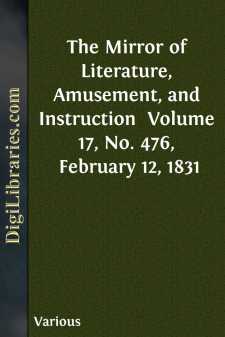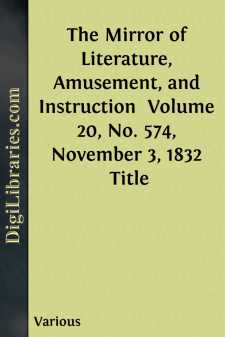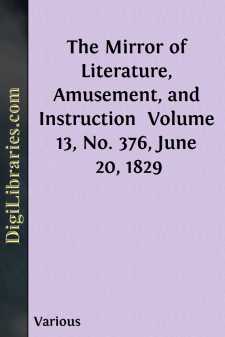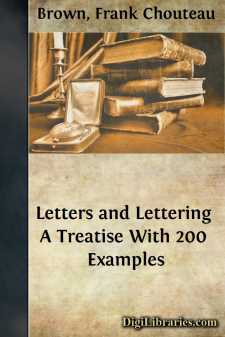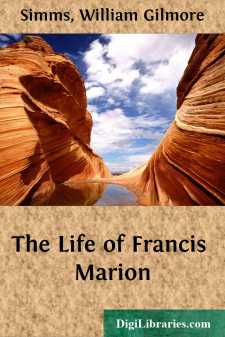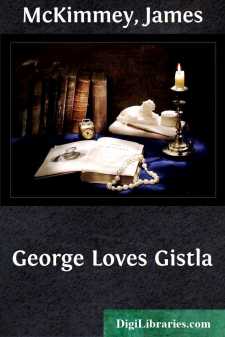Categories
- Antiques & Collectibles 13
- Architecture 36
- Art 48
- Bibles 22
- Biography & Autobiography 815
- Body, Mind & Spirit 144
- Business & Economics 28
- Children's Books 18
- Children's Fiction 14
- Computers 4
- Cooking 94
- Crafts & Hobbies 4
- Drama 346
- Education 58
- Family & Relationships 59
- Fiction 11834
- Games 19
- Gardening 17
- Health & Fitness 34
- History 1378
- House & Home 1
- Humor 147
- Juvenile Fiction 1873
- Juvenile Nonfiction 202
- Language Arts & Disciplines 89
- Law 16
- Literary Collections 686
- Literary Criticism 179
- Mathematics 13
- Medical 41
- Music 40
- Nature 179
- Non-Classifiable 1768
- Performing Arts 7
- Periodicals 1453
- Philosophy 65
- Photography 2
- Poetry 896
- Political Science 203
- Psychology 44
- Reference 154
- Religion 515
- Science 126
- Self-Help 85
- Social Science 83
- Sports & Recreation 34
- Study Aids 3
- Technology & Engineering 59
- Transportation 23
- Travel 463
- True Crime 29
Our website is made possible by displaying online advertisements to our visitors.
Please consider supporting us by disabling your ad blocker.
The Mirror of Literature, Amusement, and Instruction Volume 17, No. 476, February 12, 1831
by: Various
Categories:
Description:
Excerpt
LORD BYRON'S PALACE, AT VENICE.
LORD BYRON'S PALACE, AT VENICE.Scores of readers who have been journeying through Mr. Moore's concluding portion of the Life of Lord Byron, will thank us for the annexed Illustration. It presents a view of the palace occupied by Lord Byron during his residence at Venice. When, after his unfortunate marriage, he left England, "in search of that peace of mind which was never destined to be his," Venice naturally occurred to him as a place where, for a time at least, he should find a suitable residence. He had, in his own language, "loved it from his boyhood;" and there was a poetry connected with its situation, its habits, and its history, which excited both his imagination and his curiosity. His situation at this period is thus feelingly alluded to by Mr. Moore:—"The circumstances under which Lord Byron now took leave of England were such as, in the case of any ordinary person, could not be considered otherwise than disastrous and humiliating. He had, in the course of one short year, gone through every variety of domestic misery;—had seen his hearth eight or nine times profaned by the visitations of the law, and been only saved from a prison by the privileges of his rank. He had alienated, as far as they had ever been his, the affections of his wife; and now, rejected by her, and condemned by the world, was betaking himself to an exile which had not even the dignity of appearing voluntary, as the excommunicating voice of society seemed to leave him no other resource. Had he been of that class of unfeeling and self-satisfied natures from whose hard surface the reproaches of others fall pointless, he might have found in insensibility a sure refuge against reproach: but, on the contrary, the same sensitiveness that kept him so awake to the applauses of mankind rendered him, in a still more intense degree, alive to their censure. Even the strange, perverse pleasure which he felt in painting himself unamiably to the world did not prevent him from being both startled and pained when the world took him at his word; and, like a child in a mask before a looking-glass, the dark semblance which he had half in sport, put on, when reflected back upon him from the mirror of public opinion, shocked even himself. * * *
"Then came the disappointment of his youthful passion,—the lassitude and remorse of premature excess,—the lone friendlessness of his entrance into life, and the ruthless assault upon his first literary efforts,—-all links in that chain of trials, errors, and sufferings, by which his great mind was gradually and painfully drawn out;—all bearing their respective shares in accomplishing that destiny which seems to have decreed that the triumphal march of his genius should be over the waste and ruins of his heart. He appeared, indeed, himself to have had an instinctive consciousness that it was out of such ordeals his strength and glory were to arise, as his whole life was passed in courting agitation and difficulties; and whenever the scenes around him were too tame to furnish such excitement, he flew to fancy or memory for 'thorns' whereon to 'lean his breast.'" At the same time, the melancholy with which his heart was filled was soothed and cherished by the associations which every object in Venice inspired....


